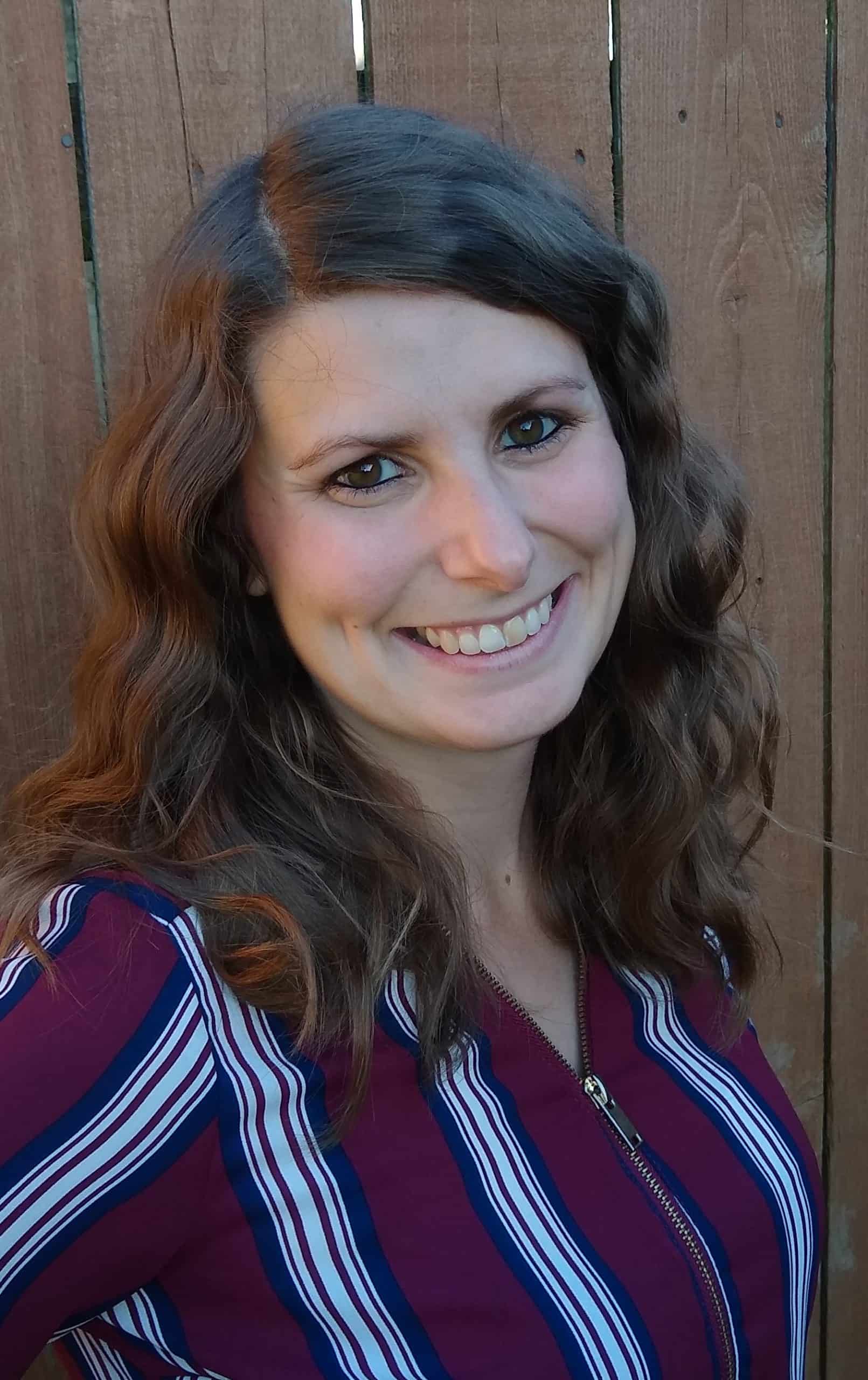 | | | | About the Author Rachel Cook has been a Product Development Specialist at Great Kids® since 2017. Her passion for helping strengthen families is prevalent in her curriculum content creation. Before joining Great Kids, she worked as a home visitor with Kentucky HANDS. She lives in Berea, Kentucky, with her husband and new baby, where she loves writing and exploring nature. Contact Rachel at rcook@greatkidsinc.net. |
Bouncing on an exercise ball, typing away in my cozy home office, and breaking to rub my growing belly was how I spent last July. 2021 was a busy year for the product development team at Great Kids. We were excited to announce the launch of our play-based preschool curriculum just this month, and I was honored to be a part of the group that worked to pull this product together. Our team has been pouring through research and expert advice regarding play and learning for years. However, as we developed the preschool curriculum, we immersed ourselves in this topic and discovered that the research has remained consistent. Play and learning are connected.1,5
Since last July, a lot has changed. I’m still sitting on that exercise ball as my fingers tap against my keyboard. However, I no longer pause to interact with the kicks and flutters of my growing baby. Instead, the constant echoes of that baby’s playful squeals now sneak through the tiny crack underneath my door. All the research I found myself reading through last summer is now being brought to life every day by my very own kiddo.
What the experts tell us and what my child reminds me of daily is that play is how kiddos learn. Children learn math, science, language, physical coordination, and many other critical concepts through play. 1,5 Though these are all essential skills for children to grow, one aspect of play has always stood out to me above the rest. Play can support parents in developing secure attachment relationships or strong bonds with their children.
When parents let their children take the lead during play and share in back and forth interactions, they build a secure attachment.2,6 In other words, play can also be a place where children learn they’re loved.
We now know that secure attachment relationships contribute to children becoming kind, caring, and successful adults.2,6 We’ve also discovered that expensive toys aren’t what children need to build healthy brains. Instead, they need love.3,5 Kiddos need parents who show up for them in those playful moments. Each of you reading this blog can be that adult. Experts tell us that it takes ONE individual to change a child’s life.4 You can be that person and start this change by showing up for a child in a playful moment.
I’m certainly thankful for my grandmother, who spent her weekends playing with me, even if it was ten straight games of Uno or the box edition of Bingo. My grandmother’s kitchen brought so much joy because it’s where we gathered to play. Because of her, I now find myself swirling around the kitchen with my child on my hip. As they cackle, we belt out our favorite songs and cook dinner. One day, that tiny baby will be an adult, and my hope is that they pass on the cycle of love that my grandmother started for me. If my kiddo embarks on their own parenting journey, I dream that they find themselves singing from the top of their lungs as they twirl their baby around their kitchen.
My hope for the world is that every child on this planet has at least one person they can run to, knowing those playful moments will be waiting for them.
You can be that person. Make a homemade microphone, splash in a puddle, or put on a superhero cape. Join a child in play and let them learn they’re loved. It will change their life, and they might just change the world.
References
1. Bongiorno, L. (n.d.). 10 things every parent should know about play. NAEYC. https://www.naeyc.org/our-work/families/10-things-every-parent-play
2. Government of the Province of British Columbia. (2019). Toddler’s first steps: A best chance guide to parenting your 6- to 36-Month-Old. Health Link BC. https://www.healthlinkbc.ca/pregnancy-parenting/toddlers-first-steps
3. Head Start. (n.d.). Interactive Head Start early learning outcomes framework: Ages birth to five. U.S. Department of Health and Human Services & Administration for Children & Families. https://eclkc.ohs.acf.hhs.gov/interactive-head-start-early-learning-outcomes-framework-ages-birth-five
4. Walsh. B. (2015, March 23). The science of resilience. Usable knowledge. https://www.gse.harvard.edu/news/uk/15/03/science-resilience
5. Zero To Three. (2013). Play [Video]. Zero To Three. https://www.zerotothree.org/espanol/play
6. Zero To Three. (2015). Responsive care: Nurturing a strong attachment through everyday moments [Video]. Vimeo. https://www.zerotothree.org/resources/230-responsive-care-nurturing-a-strong-attachment-through-everyday-moments


